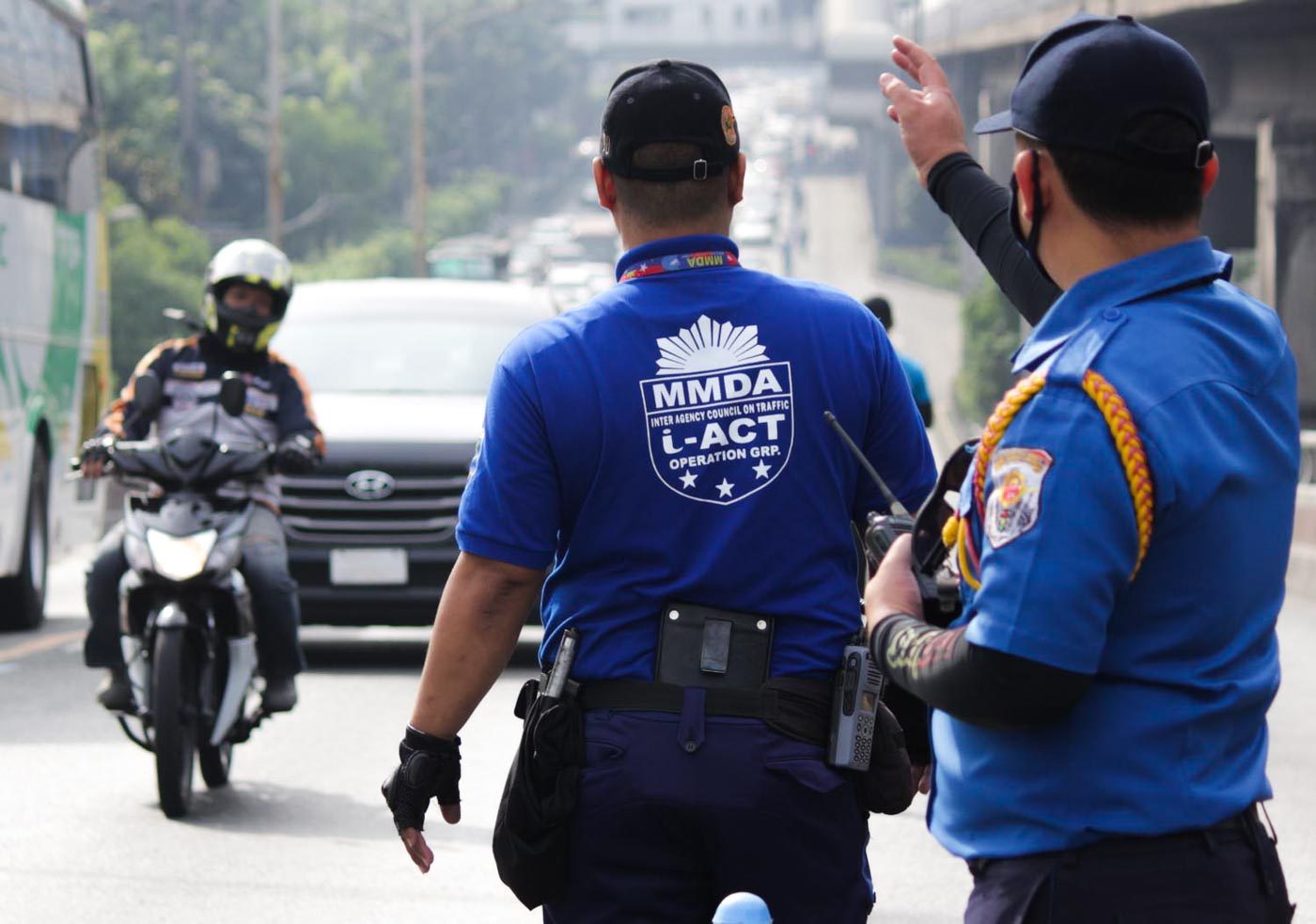SUMMARY
This is AI generated summarization, which may have errors. For context, always refer to the full article.

MANILA, Philippines – Almost a year after its launch, Angkas has made a name for itself as the top motorcycle-sharing service in the Philippines.
The company entered a market already heavily populated by car riders averse to motorbiking through hazardous Metro Manila thoroughfares, on top of dealing with erratic weather.
From this, they offered an alternative: an opportunity to get an easy glide through dense traffic one car, truck, or bus at a time just by pressing a phone touch screen.
The company’s strategy worked, so well in fact, that when the Land Transportation Franchising and Regulatory Board (LTFRB) announced that Angkas was “considered as closed,” thousands of surprised patron riders came to their defense.
We look at the laws that govern motorcycles and see why their service is illegal.
Riding on the law
Republic Act 4136 or the Land Transportation and Traffic Code mandates all vehicles to be registered with the Land Transportation Office.
Under the act, most vehicles can either be classified as public or private. The rest that needs registration are vehicles for sale, government vehicles, and tourist vehicles.
Public vehicles can provide rides to all citizens while collecting a fee such as taxis and jeepneys, provided that they get permits and franchises from the Land Transportation Franchising and Regulatory Board (LTFRB).
Private vehicles can only be used by their owners, and can’t be used to pick up strangers to make money.
The problem for Angkas, and all motorcycle drivers who want to make cash through giving rides, is that the act only allows motorcycles as private or government vehicles.
According to the law, private vehicles “shall not be used for hire under any circumstances,” while government vehicles, by principle, can only be used in fulfilling government functions. On both counts, motorbike riders cannot pick up passengers then charge them money.
Angkas could have been recognized in a relatively new category, transport network vehicle service (TNVS) too, as it had allowed private vehicles to be booked by the public through mobile applications.
Unfortunately for motorcycle riders, the Department of Transportation order which recognized TNVS (2015-011) only covers sedans, Asian utility vehicles, Sports utility vehicles, vans, and other 4-wheelers.
Once more, motorcycles are not included, making all Angkas motors illegal on the road or “colorum” by default.
With the available laws, is it possible that Angkas can legally function? As motorcycles, so far, can neither provide public service nor booked through applications, the answer is no.
“RA 4136 is the law. Unless it is changed, then that is the only time na puwede (that they can be allowed). Otherwise, hindi (no),” LTFRB board member Aileen Lizada told Rappler in a text message.
What’s next?
This leaves the ball to Congress, which has barely left the starting line in opening up legislation to accommodate businesses such as Angkas.
There is House Bill 2530 filed in August 2016, but it remains pending at the committee level, while its counterpart proposal in the Senate has yet to emerge.
It is unclear why Angkas has managed to skirt authorities’ apprehension for almost a year.
LTFRB has ordered the company to stop operations as early as January 2017, but the company simply continued to serve passengers and grow.
This left the LTFRB with no choice but to go after their colorum motorbikers, albeit only a dozen at a time.
The crackdown has only intensified and the company ordered closed again in November after the company failed to show an updated mayor’s permit to the Makati City local government when their main office was inspected.
With the LTFRB barely done with a regulation deadlock with transport network companies (TNCs) Grab and Uber, it is unclear whether Angkas can be regulated, or even actually shut down, soon. – Rappler.com
Add a comment
How does this make you feel?
There are no comments yet. Add your comment to start the conversation.